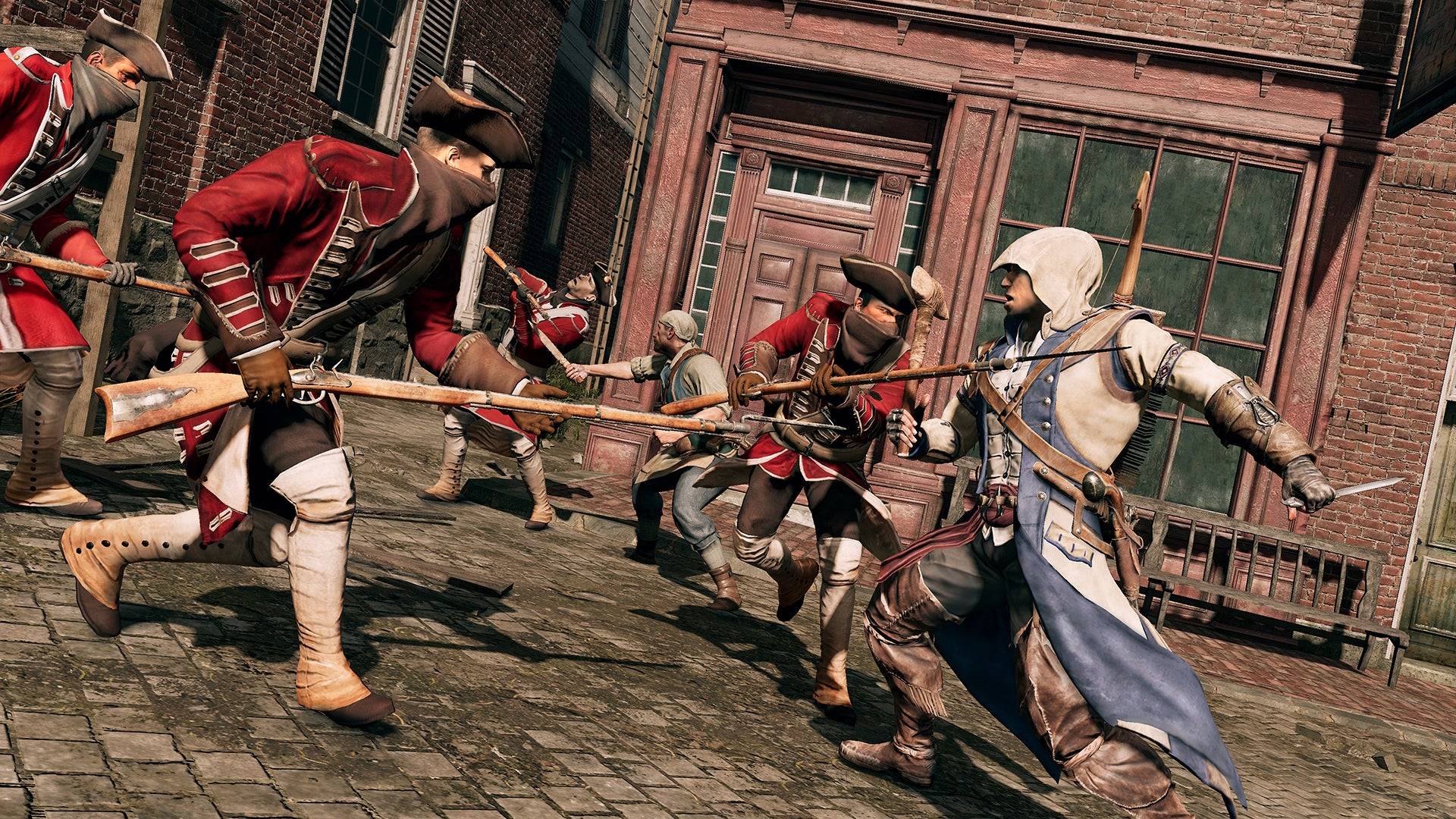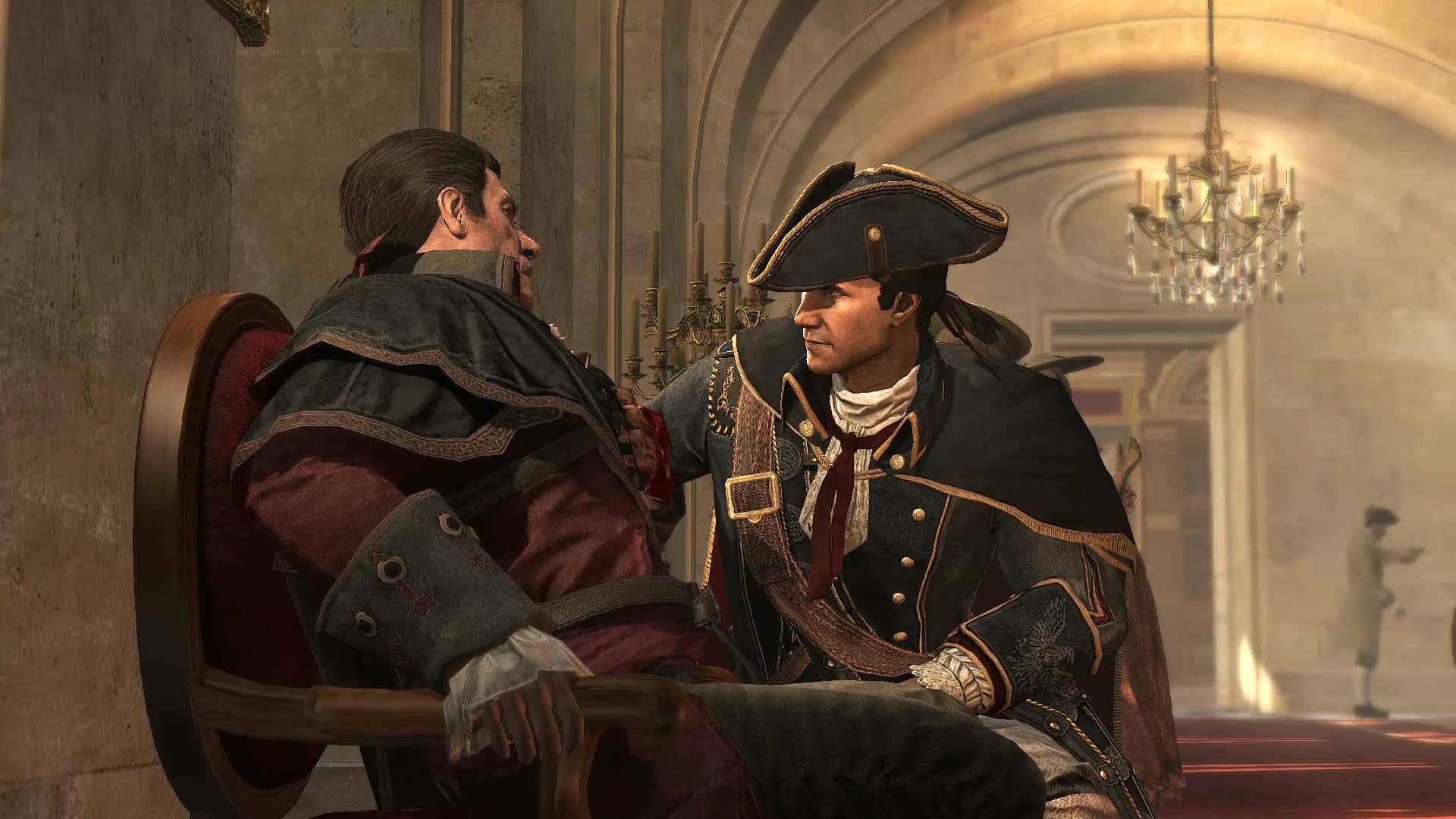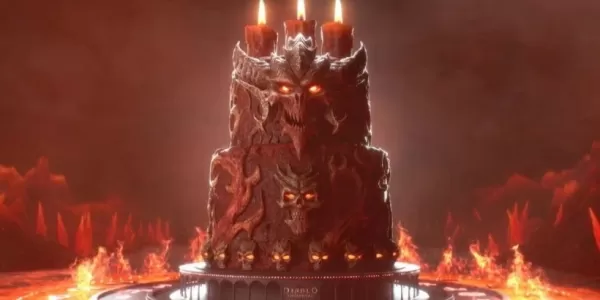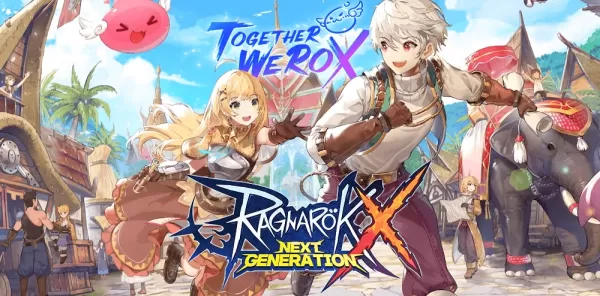One of the most unforgettable moments in the Assassin’s Creed series unfolds early in Assassin’s Creed 3, as Haytham Kenway assembles his team in the New World. Players are initially led to believe these are assassins, given Haytham's use of a hidden blade and his charismatic demeanor reminiscent of Ezio Auditore. Up to this point, he's portrayed as a hero, liberating Native Americans and confronting British redcoats. However, the revelation comes when he utters the Templar creed, "May the Father of Understanding guide us," exposing his true allegiance to the Templars, the series' antagonists.
This narrative twist exemplifies the potential of Assassin’s Creed. The original game introduced the concept of tracking and eliminating targets but lacked depth in its storytelling and character development, particularly with protagonist Altaïr and his targets. Assassin’s Creed 2 improved this by introducing the more iconic Ezio, yet his adversaries, such as Cesare Borgia in Assassin’s Creed: Brotherhood, remained underdeveloped. It was not until Assassin’s Creed 3, set during the American Revolution, that Ubisoft invested equally in developing both the hunter and the hunted. This approach created a seamless narrative flow and a perfect balance between gameplay and story, a harmony not yet replicated in subsequent titles.
 Image credit: Ubisoft
Image credit: Ubisoft
Despite the positive reception of the current RPG era, there's a consensus that the Assassin’s Creed series is in decline. The debate on the reasons ranges from the inclusion of fantastical elements like battles with gods to the introduction of romance options and the use of real historical figures like Yasuke in Assassin’s Creed Shadows. Personally, I believe the decline stems from the series' shift away from character-driven storytelling, now overshadowed by its expansive sandbox worlds.
Over the years, Assassin’s Creed has evolved, incorporating RPG and live service elements such as dialogue trees, XP-based leveling, loot boxes, and gear customization. Yet, as the games have grown larger, they've felt increasingly hollow, not only in their repetitive side missions but also in their narrative depth.
While Assassin’s Creed Odyssey boasts more content than Assassin’s Creed 2, much of it feels superficial. The addition of player choices, intended to enhance immersion, often results in less polished scripts that struggle to maintain character consistency. The focused narratives of the earlier action-adventure era allowed for more sharply defined characters, unlike the current games, where characters can shift between compassion and brutality based on player whims.
This lack of depth breaks immersion, making it evident that players are interacting with AI rather than engaging with complex historical figures. In contrast, the Xbox 360/PS3 era delivered some of the best writing in gaming, from Ezio’s defiant speech against Savonarola to Haytham Kenway's poignant final words to his son, Connor:
*“Don't think I have any intention of caressing your cheek and saying I was wrong. I will not weep and wonder what might have been. I'm sure you understand. Still, I'm proud of you in a way. You have shown great conviction. Strength. Courage. All noble qualities. I should have killed you long ago.”*
 Image credit: Ubisoft
Image credit: Ubisoft
The narrative quality has also declined in other ways. Modern games often simplify the moral dichotomy to Assassins = good and Templars = bad, while earlier entries blurred these lines. In Assassin’s Creed 3, each Templar's dying words challenge Connor's beliefs, prompting the player to question their own. Haytham's attempts to undermine Connor's trust in George Washington add complexity, culminating in the revelation that Washington, not Charles Lee, ordered the burning of Connor’s village. This ambiguity enriches the story, leaving players with more questions than answers.
Reflecting on the series, the track "Ezio’s Family" from Assassin’s Creed 2's score became the series' anthem, resonating with players due to its emotional depth. The PS3 games, especially Assassin’s Creed 2 and 3, were fundamentally about character-driven narratives. "Ezio’s Family" evokes not just the Renaissance setting but Ezio's personal loss. While I appreciate the expansive worldbuilding and graphical advancements in recent titles, I hope the franchise will eventually return to crafting the intimate, focused stories that initially captivated fans. However, in today's market, dominated by expansive sandboxes and games with live service ambitions, such a return might not align with current business trends.









